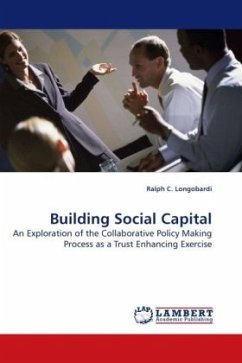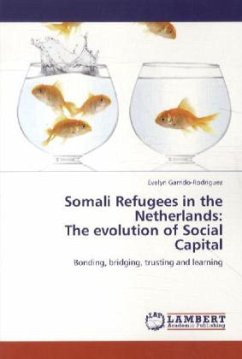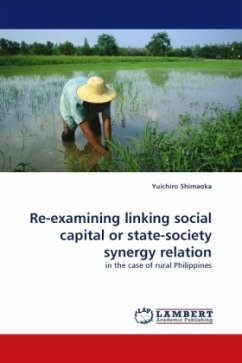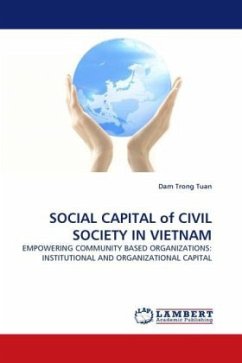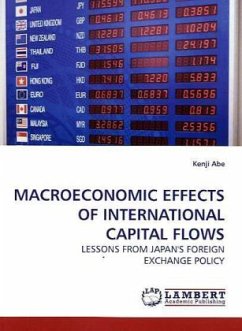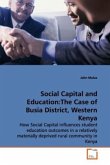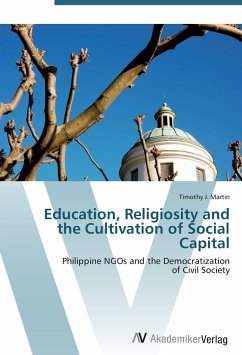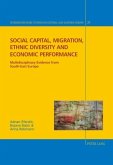Collaborative policy making has been commonly discussed as a method for increasing community involvement and creating social capital. It has also been speculated upon as a method for instilling community and social values in the public policy making process. This thesis examines whether participants in various participatory policy making processes for cleaning up environmental hazards have greater trust in both the process, the government, and in their fellow participants as a result of having access and participatory input into the decisions that affect their communities, their environments and their economic situations. Four participatory forums dealing with watershed hazard remediations were both surveyed and interviewed in an attempt to discover participant s perceptions of trust and legitimacy as they related to the groups, the processes, and to the government agencies and actors involved.
Bitte wählen Sie Ihr Anliegen aus.
Rechnungen
Retourenschein anfordern
Bestellstatus
Storno

